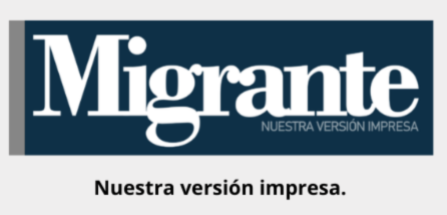President Claudia Sheinbaum Pardo announced that 2025 will go down in history as the first year in which Indigenous and Afro-Mexican communities receive federal public funds directly—without intermediaries—through the new Social Infrastructure Contribution Fund for Indigenous and Afro-Mexican Peoples and Communities (FAISPIAM).
Speaking at an assembly held in Champotón, Campeche, the president explained that this landmark program fulfills the constitutional reform to Article 2 passed during Mexico’s Fourth Transformation. For this year alone, approximately 13 billion pesos were allocated to Indigenous and Afro-Mexican communities across the country. In Campeche, 142 million pesos were distributed to 242 communities.
Sheinbaum highlighted the democratic and grassroots nature of the program, with over 20,000 assemblies held nationwide to decide how the funds will be used. Each community elects a financial committee, typically led by a woman who acts as treasurer. “Women are more honest and manage both public and private resources better,” Sheinbaum noted.
FAISPIAM resources are intended for essential infrastructure projects such as potable water systems, drainage, electrification, urban development, healthcare, education, and housing. In the community of Santo Domingo Kesté, for instance, 3.1 million pesos were earmarked for a clean water supply system, as reported by Adelfo Regino Montes, director of Mexico’s National Institute for Indigenous Peoples (INPI).
Community and state leaders also addressed the crowd. Local representative Arandi Natanael Moreno Pérez expressed gratitude for the legal and budgetary recognition of Indigenous peoples as rights-bearing subjects. Campeche Governor Layda Sansores emphasized that this initiative reflects the strong commitment of Mexico’s first woman president to inclusion and justice from the outset of her administration.

